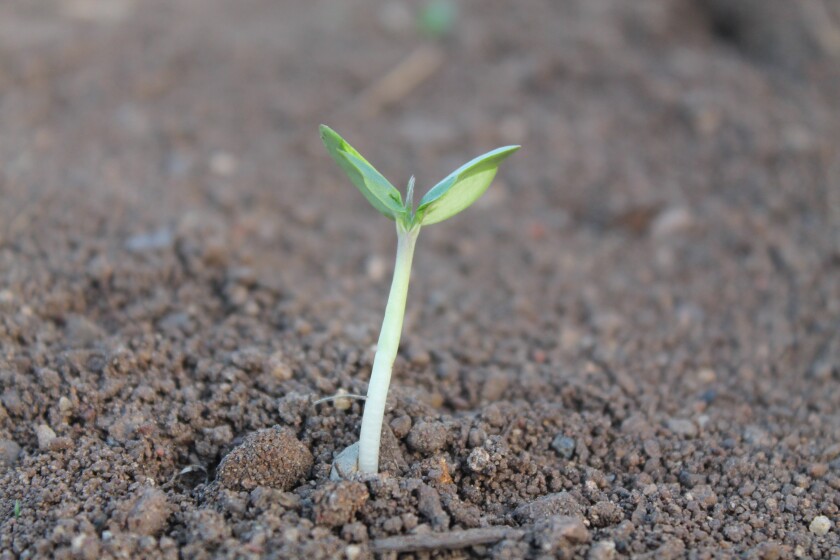The property tax (fastighetsskatt) in Sweden is based on the valuation of the property for tax purposes. These valuations often over-state the value of the property. A reason as to why over-valuations may occur is due to insufficient documentation provided to the Swedish Tax Agency (Skatteverket) (STA) by the property owner.
In general, the property owner is responsible for providing the STA with all relevant information, such as data and metrics, pertinent to the valuation of the property. In lieu of sufficient information, the STA will by default rely on a standardised method of valuation based on a limited set of key figures, which can result in inaccurately high tax values.
One such situation, where the standardised method of valuation would result in a significantly higher tax value than the market value of the property, is when there are soil contaminations on the property that require clean-up – whether such sanitation actions have been ordered by a relevant government agency or not. A recent decision from the Administrative Court of Appeal in Gothenburg (ACA) (case no. 3071–21), however, gives further insight as to what documentation from the property owner is needed for a downward adjustment of the property tax value in such cases.
In this case, the STA argued that an adjustment to the property tax value should only be possible if:
Pollution has been identified;
It has been established that the pollution needs to be remediated; and
It is the company’s responsibility under the Swedish Environmental Code to remedy the pollution.
However, the property owner, represented by KPMG, successfully argued to the contrary in the court.
In its decision, the ACA held that an adjustment of the property value should be accepted when a property owner can provide documentation demonstrating:
The existence of a contamination,
The extent of the contamination and;
The costs associated with removing the contamination.
Notably, the ACA did not agree with the STA that a decision from a relevant government agency was required to receive an adjustment. The contaminations in and of themselves were sufficient to merit an adjustment, according to the court.
Analysis
The ACA’s judgment is in keeping with a wider – and important – principle in the field of property taxation: all circumstances that negatively affect the value of a property that have not been accounted for in the property tax assessment model, should as a rule result in an adjustment.
Property tax values should always be consistent with the principles of property tax, which precisely regulate how values should be accounted for. As an advisor, you have a responsibility to make your clients aware of justified claims for adjustments to the tax value. By extension, this responsibility sometimes includes scrutinising the legal basis for the tax agency’s decision not to allow an adjustment. The recent verdict from the ACA is the result of challenging the STA’s position and may pave the way for many more adjustments to property values in the future.












